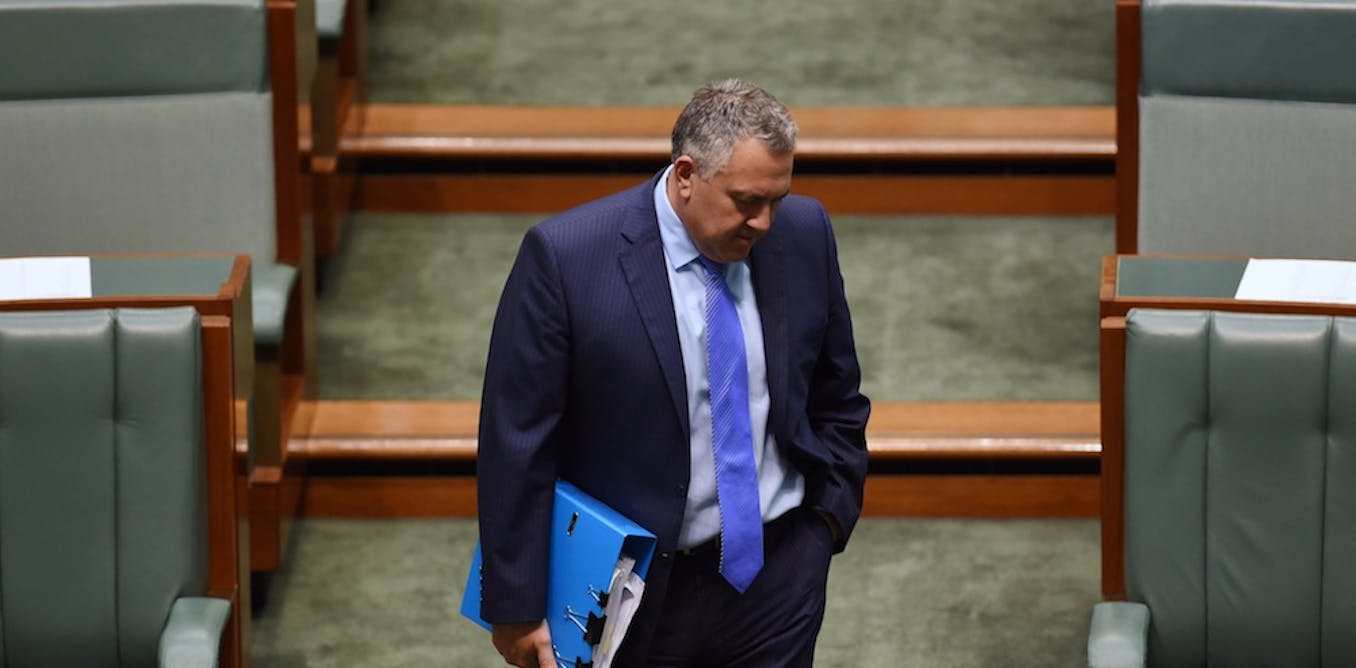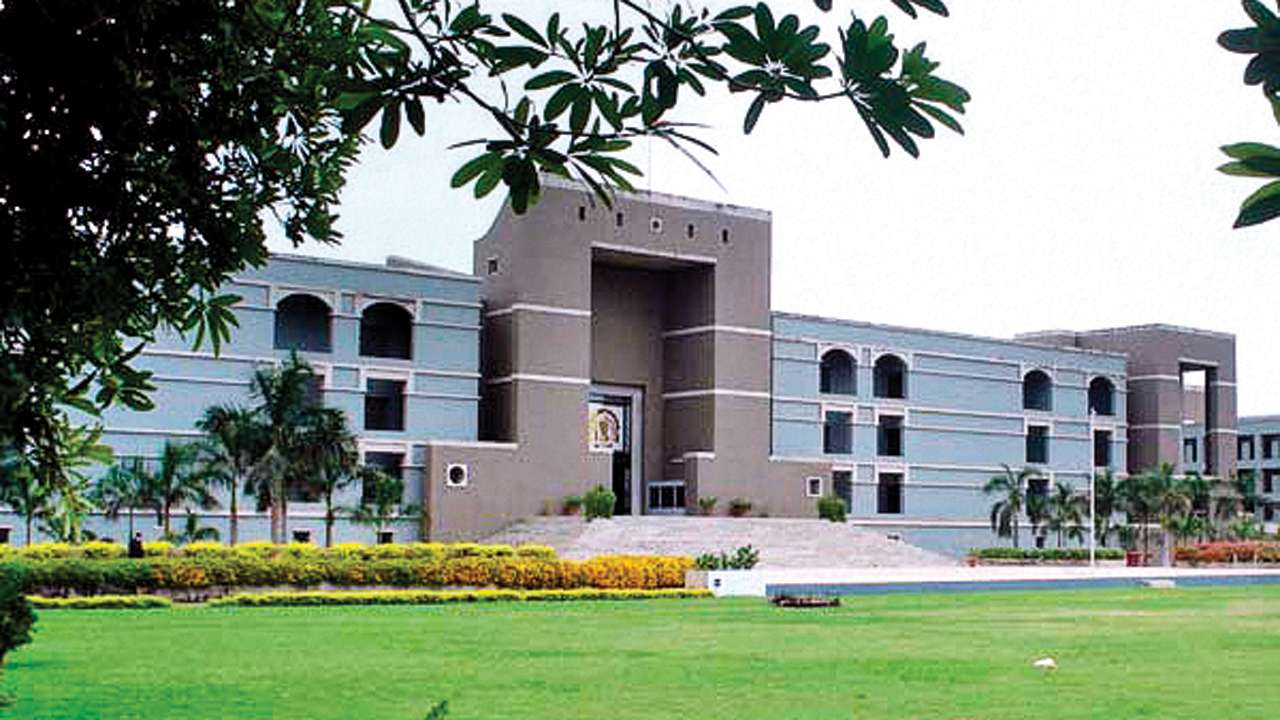
- Select a language for the TTS:
- UK English Female
- UK English Male
- US English Female
- US English Male
- Australian Female
- Australian Male
- Language selected: (auto detect) - EN
Play all audios:
As part of Benjamin Britten’s festival at Aldeburgh in 1960, he and his partner Peter Pears created an opera libretto from Shakespeare’s Midsummer Night’s Dream. Britten then wrote the music
and conducted the opera at its first performance, with Pears singing the role of Flute the bellows-mender, one of the “rude mechanicals”. In earlier operas such as Peter Grimes and Turn of
the Screw, Britten had already shown a striking musical ability to interleave scenes of innocent joy with others of dark and mysterious intensity, so he was ideally suited to turning
Shakespeare’s immortal play into an opera.
Staying true to the original is, in my opinion, vital to success for any Britten opera. At Glyndebourne in the 1980s, Peter Hall rose brilliantly to the challenge. His production with its
moving trees and bushes and gently swaying branches shows the forces of nature creating the magic that Britten’s music captures so well. John Bury’s designs and Paul Pyant’s lighting foster
an atmosphere where the desires of the lovers and the temerity of the mechanicals can be touched by the natural enchantment personified by Oberon, Tytania, Puck and the fairies.
After the forest darkness of the first two acts, the third act allows us a clearer view of the woodland enchantment. We see first Oberon and Tytania, then Puck, silhouetted in front of the
rising sun as it slowly moves higher on the backdrop before vanishing in the daylight. After the lovers are reunited, and the mechanicals have boldly presented their play to the Athenian
Court, the final entrance of the fairies into the palace at night time appears entirely in keeping with what has gone before, as the natural world takes over from human agency. This magical
production with its subtle lighting was matched by wonderful singing.
As Oberon himself, the counter-tenor Tim Mead was a compelling presence, whose strong purity of voice belied his scheming intentions. Liv Redpath sang angelically as Tytania. The Trinity
Boys Choir sang and acted superbly as the fairies, with Oliver Barlow as an impish and assertive Puck. The vocal qualities of the performance were sublime, with the lovers, Lysander (Caspar
Singh), Hermia (Rachael Wilson), Demetrius (Samuel Dale Johnson) and Helena (Lauren Fagan) all singing beautifully.
The mechanicals formed a terrific crew, with the excellent bass-baritone Brandon Cedel a superbly engaging Bottom whom one could almost imagine Tytania falling for. In the final act Dingle
Yandell’s patrician presence as Theseus was matched by fine singing from him and Rosie Aldridge as his queen Hippolyta.
And throughout this opera with its differing styles of music for fairies, lovers and mechanicals, the Ukrainian conductor Dalia Stasevska exhibited a fine lightness of touch, conjuring up
musical magic. First performed at Glyndebourne in Peter Hall’s superb production some forty years ago, this revival by the original choreographer Lynne Hockney is sheer joy.
By proceeding, you agree to our Terms & Conditions and our Privacy Policy.
If an account exists for this email address, you will shortly receive an email from us. You will then need to:
Please note, this link will only be valid for 24 hours. If you do not receive our email, please check your Junk Mail folder and add [email protected] to your safe list.







